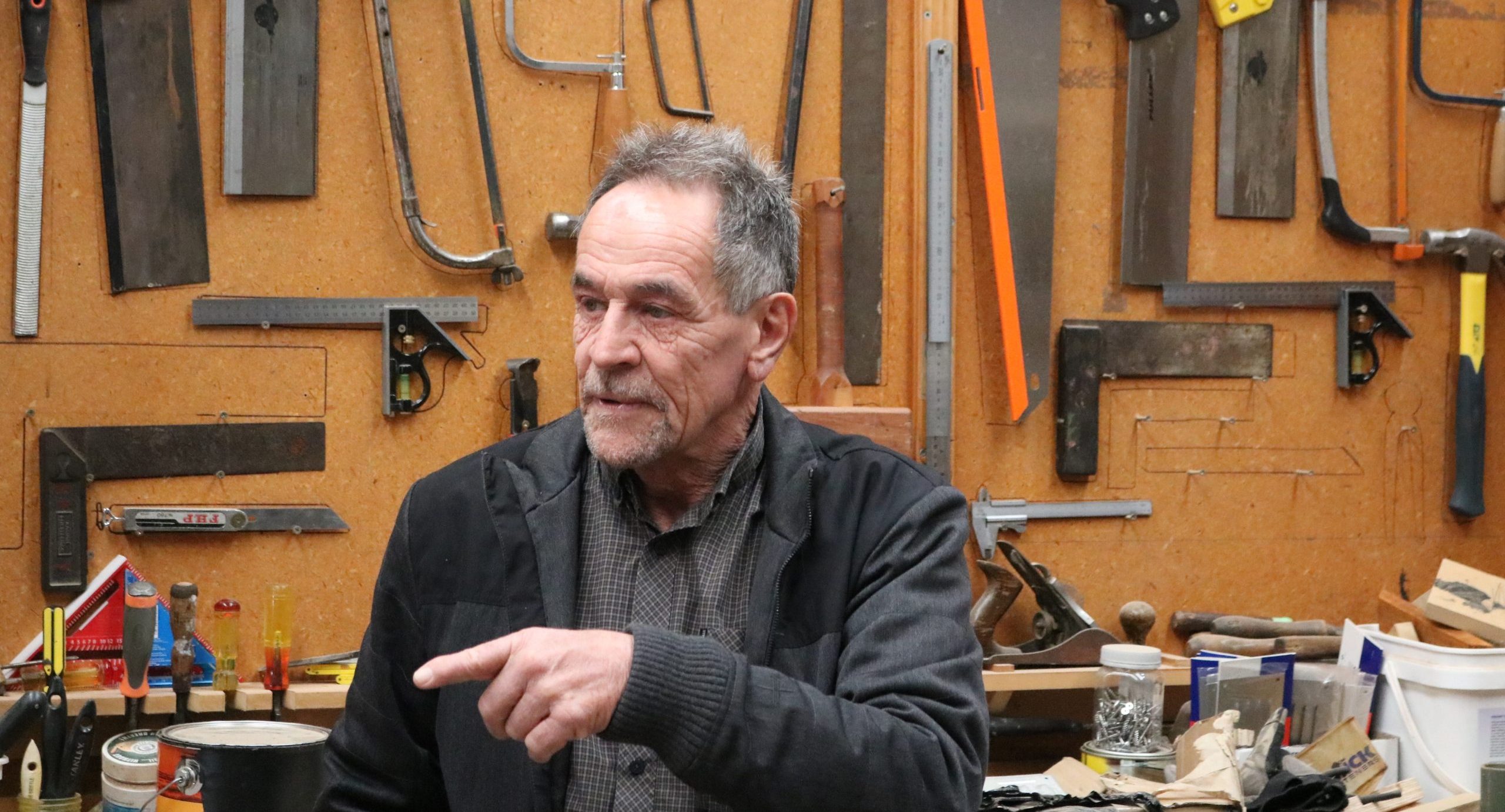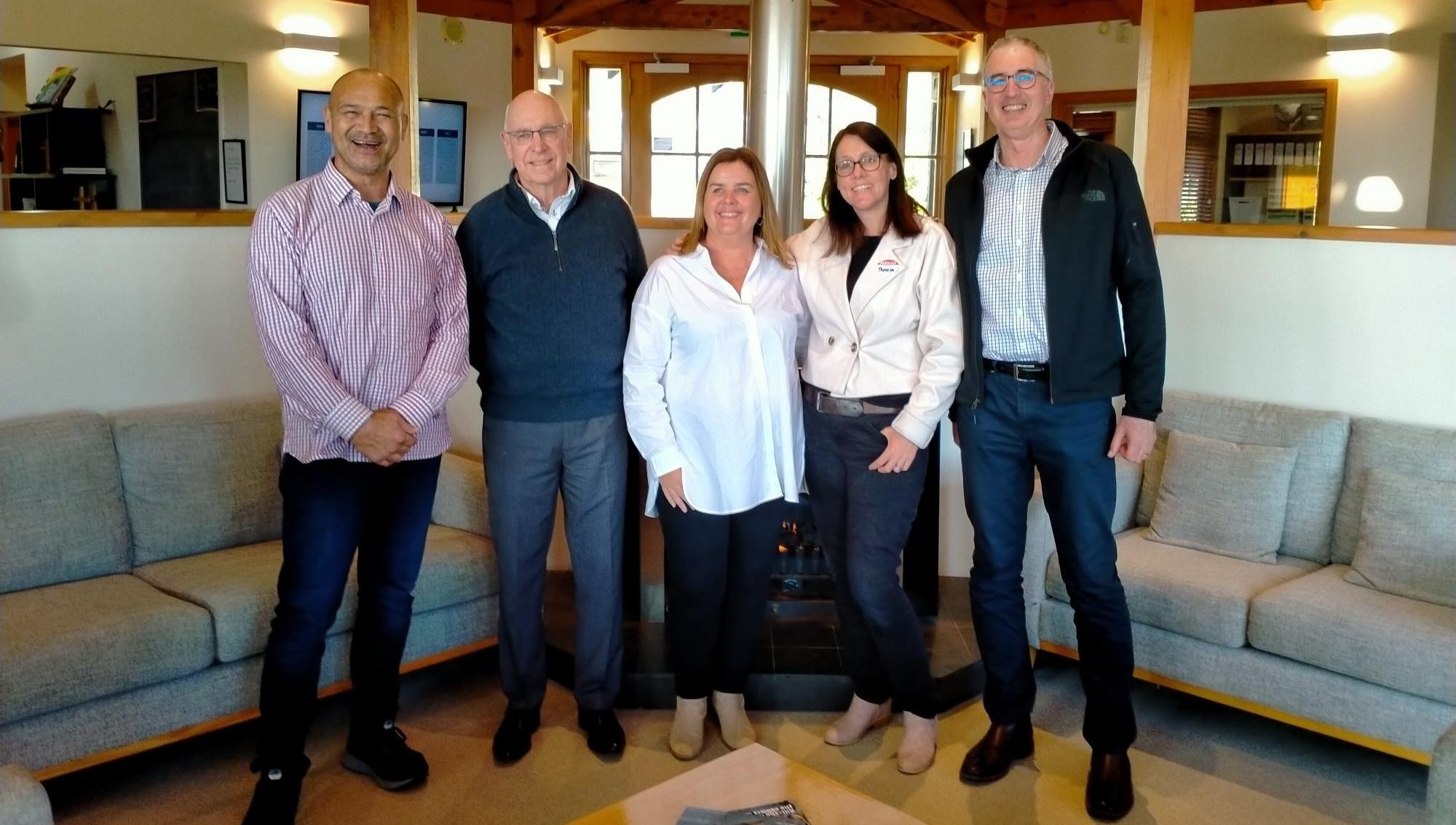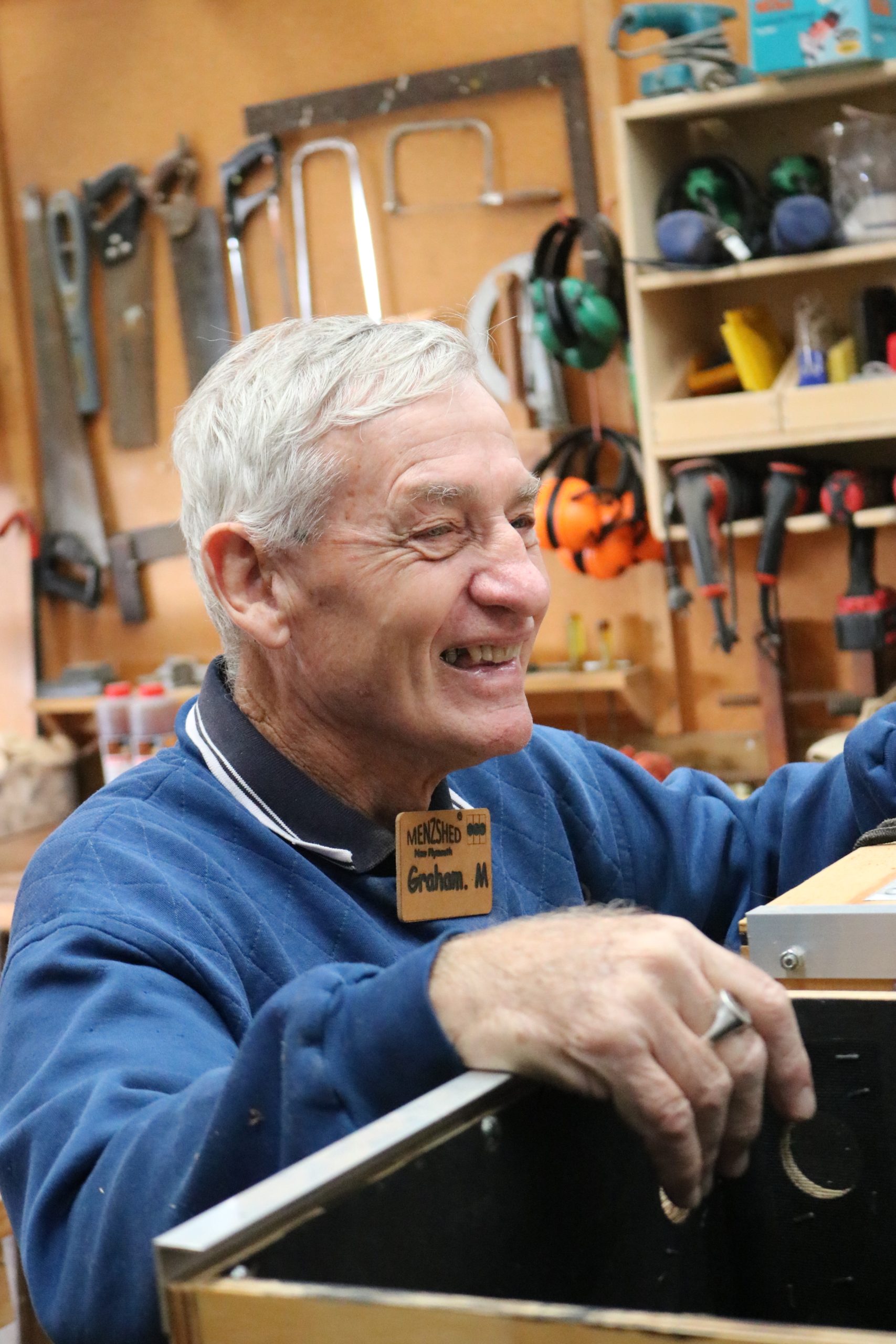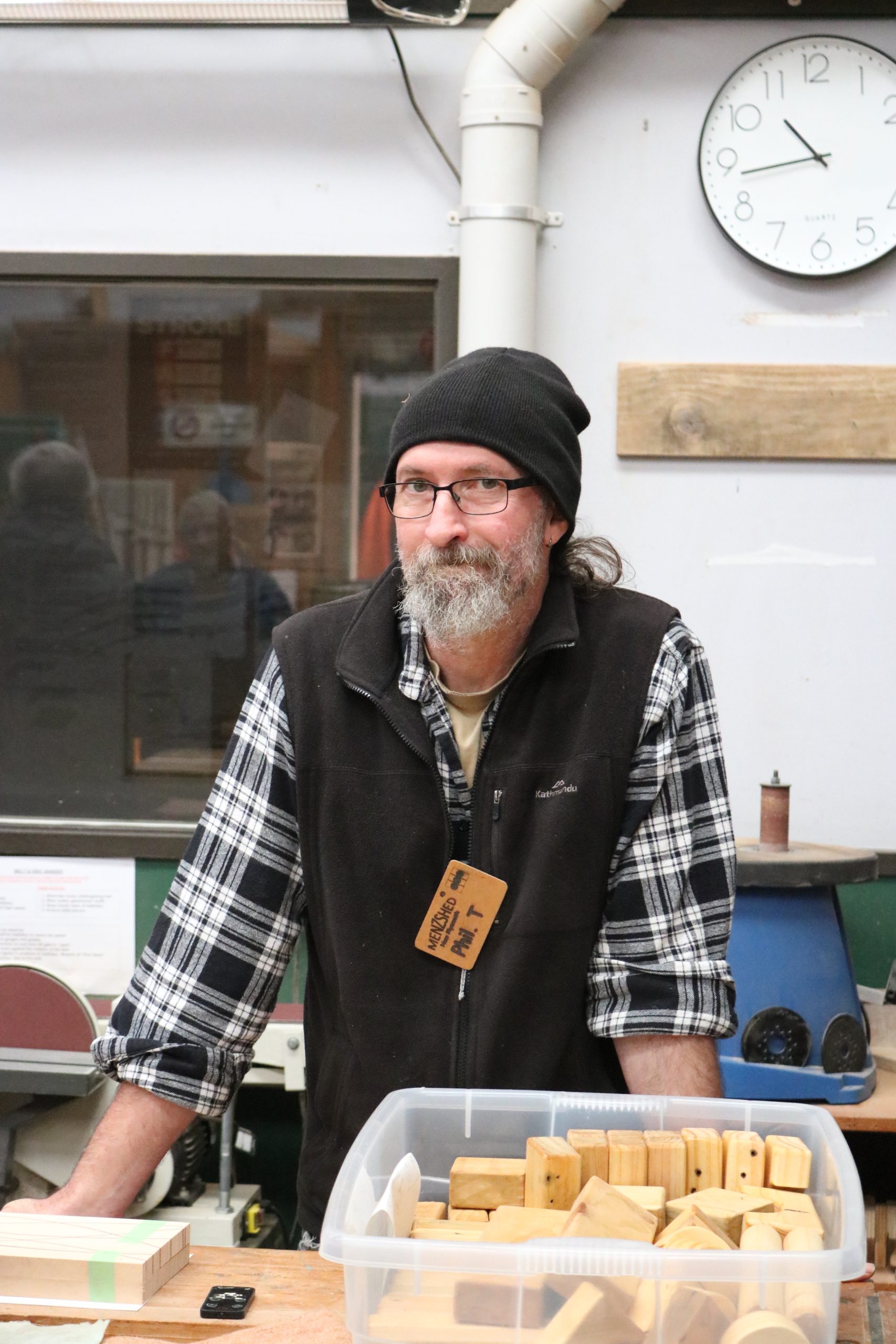Taranaki Foundation has recently become a TTF Local Donation Manager (LDM), graduating from its role as a Local Allocation Manager (LAC). This means TTF now allocates them annual bulk funding to distribute within their community each year to the causes that align with our Whānau/Family focus area. They are also one of 18 Community Foundations throughout Aotearoa/New Zealand that aim to provide a simple, effective, long-lasting way for individuals, families and organisations to leave legacies or create funds to support local causes. Since 2012 TTF has provided close to $600,000 of donations to support grassroots groups and organisations in the Taranaki community.
Here we chat with Theresa Cayley, the Taranaki Foundation’s community engagement manager, about the work they do in the community.

How long have you had a relationship with TTF?
Our relationship began in 2018 when we started as the Local Allocation Committee for TTF, and then in 2024 we transitioned to the role of Local Donation Manager. Prior to this, TTF had worked with an LAC consisting of Shaun Biesek, Ross Fulton, Loretta Roberts and Melanie Wilson from 2012 in Taranaki.
What are the origins of the Taranaki Foundation?
Taranaki Foundation was officially launched on 2 June 2016 (originally under the name Te Karaka Foundation) at an inspiring local event led by Sir Stephen Tindall. The Tindall Foundation, along with the TSB Community Trust (now Toi Foundation), provided essential seed funding and support to establish the foundation. TTF is highly respected in New Zealand and this alignment enhanced our credibility as trusted stewards of community funds, enabling us to build our profile and effectively support local organisations.

How would you define your role as an LAC?
As a Local Allocation Committee, our role involved promoting this funding opportunity to community groups throughout Taranaki and developing relationships across the region. Our distribution committee reviewed funding applications and made recommendations based on alignment with TTF’s Whānau/Family focus area. We ensured that these donations were used effectively to support local community initiatives.
What have you had to do to become an LDM (what is the difference)?
To transition from an LAC to an LDM we have taken on the responsibility of directly managing the entire fund-distribution process. This role includes overseeing fund allocation in alignment with TTF’s criteria, engaging more deeply with the community, and ensuring that funding supports initiatives driving positive, community-led change. It’s a responsibility we take very seriously and we feel privileged to partner with TTF to help build a stronger, more sustainable Taranaki.
What does the relationship with TTF mean for your region?
The relationship with TTF is important for the Taranaki region. For nearly 15 years, TTF has provided funding in the region supporting grassroots groups and organisations through their Whānau/Family stream. This significant funding and support have strengthened our capacity to back projects that address community needs, drive positive change and improve overall wellbeing in Taranaki. We are deeply grateful to TTF for their generous support, which has made a meaningful impact both in our local community and across New Zealand.


What does the funding mean for your region?
Funding from TTF has supported a diverse range of local initiatives in Taranaki, addressing both urgent needs, such as those during the COVID-19 crisis, and long-term projects that contribute to the wellbeing of families and communities. This support helps us have a meaningful impact by funding organisations and projects that make a real difference in people’s lives.
Can you tell us about some of the highlights from that funding?
One significant highlight was the $25,000 special allocation from TTF during the COVID-19 crisis. This funding supported essential services including the Kai Kitchen, Hawera Budget Service, Tutaki Youth Trust, Roderique Hope Trust and New Plymouth Emergency Shelter Trust. Additionally, funding has supported a wide variety of impactful initiatives, making it difficult to highlight just a few. For instance, the North Taranaki Men’s Shed has strengthened community engagement through various local projects. The Taranaki Women’s Refuge received support for their Aspire Men’s Programme, which helps men change their behaviour and contribute to safer, healthier families. Flourish has also benefited from funding, offering community and empowerment to new mums, while the Blue Light Te Ara Tika programme has helped rangatahi gain their independence by obtaining their driver licences.

